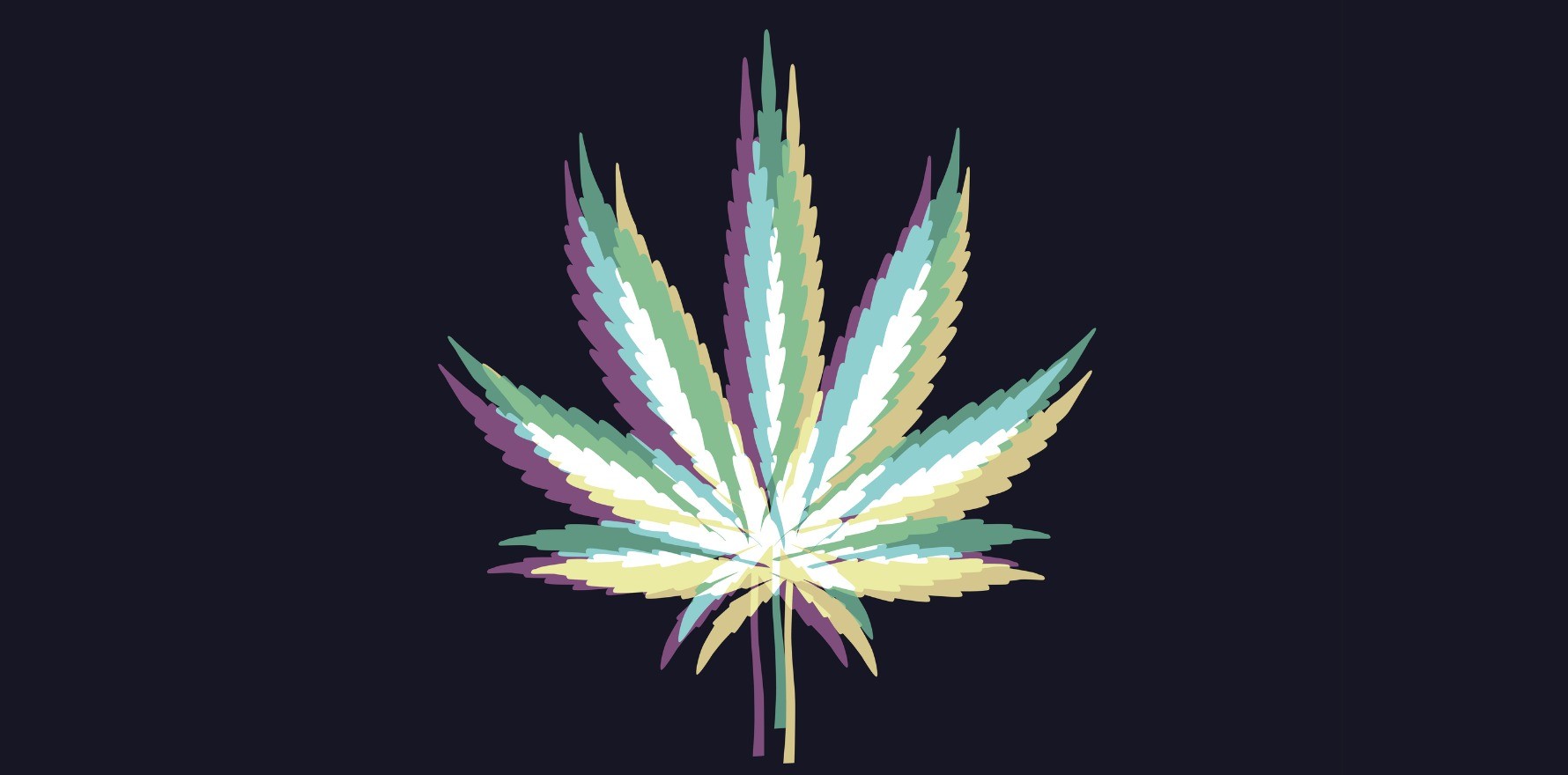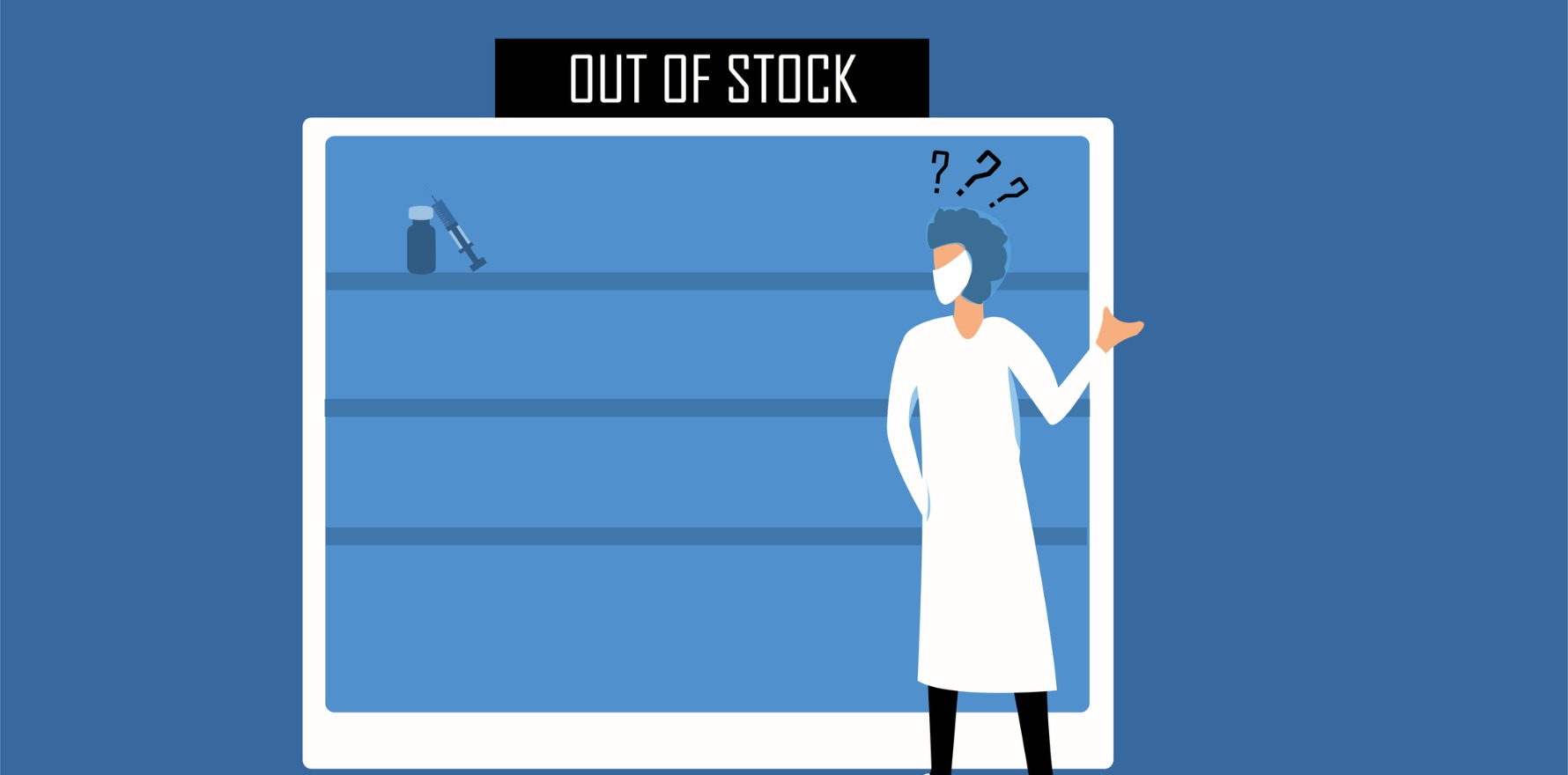New Australian research has shown that, despite its depressive properties, cannabis may not actually improve sleep quality.
A new study from the Woolcock institute of Medical Research published in the Journal of Sleep has challenged widespread assumptions that THC/CBD based medicinal cannabis has sleep-beneficial properties.
The primary finding was that THC/CBD products are associated with an average sleep time reduction of 25 minutes, likely caused by a lack of REM sleep in participants.
With the use of medicinal cannabis becoming more normalised, researchers say the new data has to potential to inform practice and prescriptions.
AHPRA has also recently released the data on cannabis prescriptions with sleep disorders ranking as the third highest reason for prescription.
“People assume cannabis helps with sleep, but the reality is that we have very little rigorous data to back that up,” study lead author Dr Camilla Hoyos said.
“Doctors are prescribing medicinal products for sleep based on very limited evidence, which is concerning when you consider the scrutiny applied to most other medications.”
The article went on to state that the popularity of cannabis products for sleep was not properly substantiated by sufficient evidence.
This lack of evidence has been argued by the study as a reason for the effects of cannabis on sleep to be studied further.
Related
Another significant finding of the study was the level of effect with cannabis products on driving capacity the day after ingestion.
“Our research showed that THC/CBD did not impair driving performance the next day after a single dose, with more research needed on medium-term repeated dosings,” Dr Hoyos explained.
“THC/CBD is certainly affecting the brain, but whether it is truly useful for treating insomnia remains up for debate.”
Misinformation on drugs and sleep is no new phenomenon, with similar misinformation also spread about alcohol and benzodiazepines.
“It’s often the case where people think their sleep is improved when it actually isn’t really,” Director of the National Drug and Alcohol Research Centre Professor Michael Farrel told The Medical Republic.
“In this this area, there’s probably a need for looking at different dosages and looking making a distinction between people who have had substantial exposure and tolerance versus those who are taking it as a one-off effect type thing.”
The research team behind the study argued that it underscores the need for longer high-quality trials before THC and CBD-based cannabis medications can be recommended as a reliable treatment for sleep disorders.




